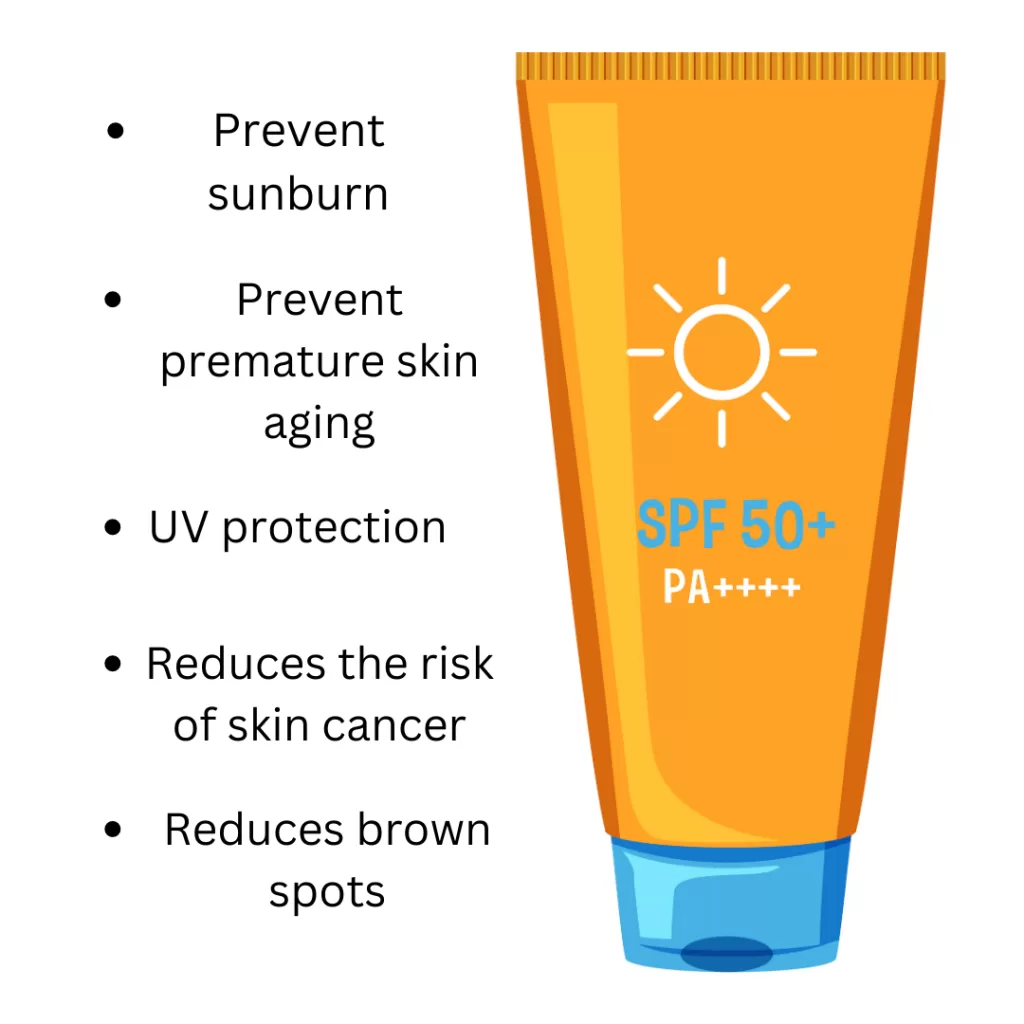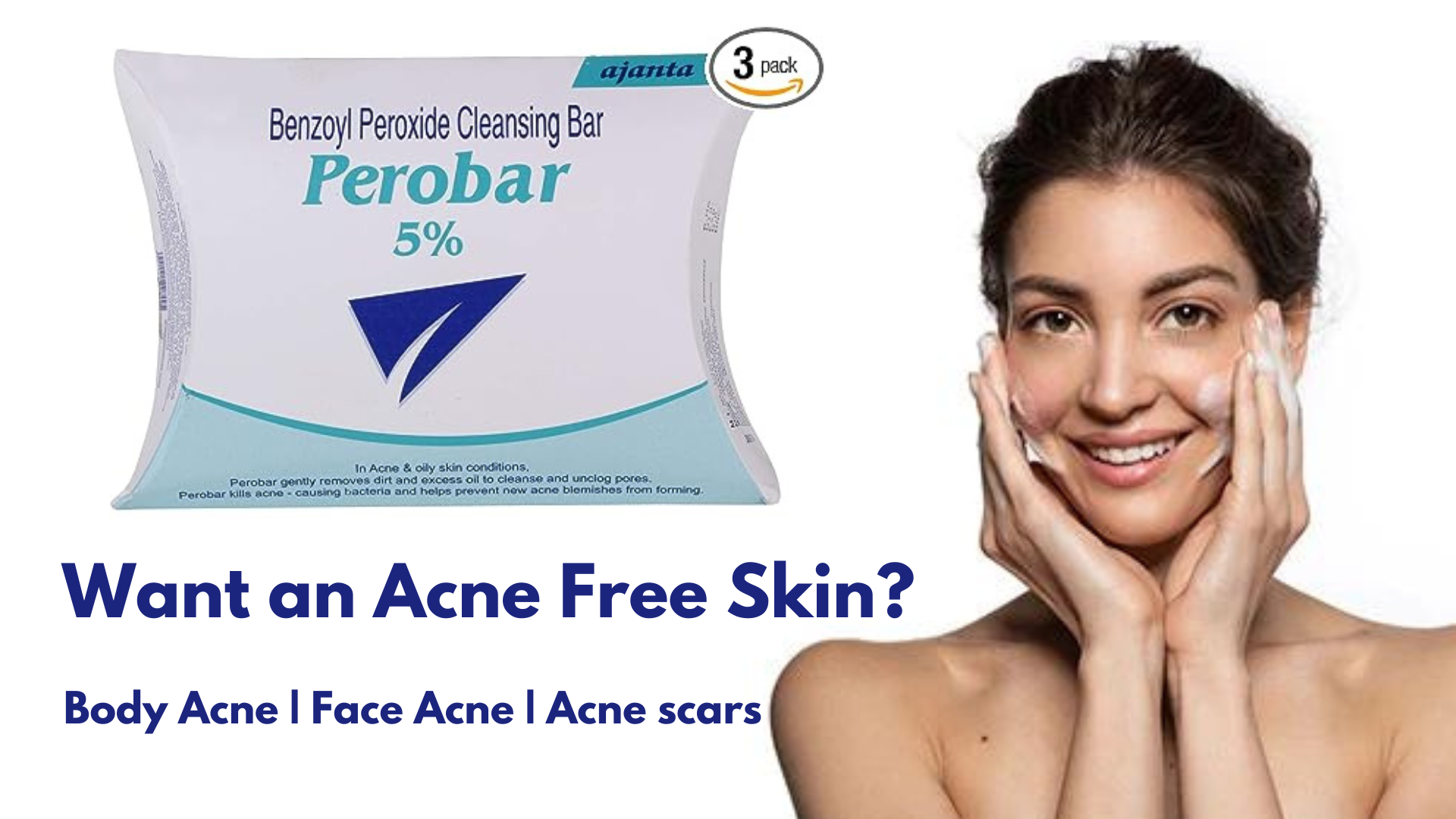Why sunscreen is important? According to Bollywood star Deepika Padukone: Use sunscreen for premature aging, spotless and glowing skin.
Deepika Padukone says” People don’t realize that every skin type needs sunscreen or sun protection.” For Deepika, sunscreen is the best food for healthy and spotless skin. If you use sunscreen in your daily routine, believe that 60% of face problems can reduce by only using sunscreen.
It is important to use sunscreen in all weather, even on overcast or cloudy days. UV rays from the sun can penetrate the clouds and still cause damage to your skin, even when it’s not hot outside. UV rays also reflect snow, water, and sand, which can increase your exposure.
UV radiation is a major cause of skin damage, including sunburn, premature skin aging, and an increased risk of skin cancer. Consistent use of sunscreen regardless of the weather can help protect your skin from these harmful effects.
In addition, it is important to note that UV radiation levels can vary depending on the time of day, location, and season. It’s a good idea to check the UV index in your area and adjust your sun protection measures accordingly.
What benefits of applying sunscreen daily?


Why sunscreen Is Important?
There is a major reason to use sunscreen in daily life. Why sunscreen is important? We do lunch outside, shopping outside & house ladies drop off their kids at schools, purchase groceries outside, etc.
UV Protection: Sunscreen helps protect your skin from the harmful effects of UV rays. UV radiation is responsible for sunburn, premature skin aging, and an increased risk of skin cancer.
Prevents sunburn: Sunscreen helps prevent sunburn by absorbing or reflecting the sun’s UV rays.
Reduces the risk of skin cancer: Consistent use of sunscreen has been shown to reduce the risk of skin cancer, including melanoma, the most dangerous type of skin cancer.
Prevents premature skin aging: Exposure to UV rays can cause premature skin aging, including wrinkles, fine lines, and age spots. Sunscreen prevents the signs of aging.
Reduce Inflammation: The Sun can cause redness and inflammation on the skin. The use of sunscreen prevents your skin from redness and inflammation.
Prevent Hyperpigmentation: If you spend more time in the sun, it can increase the secretion of melanin in the skin. Melanin is the main reason for pigmentation. So, using sunscreen daily prevents hyperpigmentation.
Suitable for all skin types: Sunscreen is ideal for all skin types, including sensitive skin. There are several products available to suit different skin types, including oil-free, fragrance-free, and hypoallergenic variants.
In short, using sunscreen every day is an essential step in protecting your skin from the harmful effects of the sun and reducing your risk of skin cancer and premature aging.
F&Q:
Should I use sunscreen at home?
Yes. UV rays can pass through glass windows. For this reason, it is important to wear at least SPF 30 at home. So, Now we know why sunscreen is important. People have a lot of work in their busy life. The sun is the number one cause of wrinkles, dozens of studies document the impact according to dermatologists. Now, you have to understand why sunscreen is important. No matter your skin tone or color, wearing sunscreen help prevent skin damage from UV rays, minimizing the risk of skin cancer and premature aging.
Should I use sunscreen at night?
No. Sunscreens can potentially clog your pores because they contain heavier ingredients used during the day. Some sunscreen ingredients can clog the pores of skin types prone to congestion and breakouts – especially if you sleep and your face is constantly in contact with the pillow at night. SPF is also a larger molecule, and you don’t want it pushing against your skin and creating larger pores while you sleep at night.
You don’t get as much sunlight overnight Because your skin needs light night serums in the night, not heavy moisturizers or sunscreen.
Leaving sunscreen on doesn’t give the skin’s natural oils a place to escape overnight, which can lead to clogged pores and potential breakouts.
However, the SPF in sunscreens is a large molecule that creates larger pores when applied to the skin while you sleep at night. That’s why it’s important to apply sunscreen during the day, but always wash it off before going to bed.
Why use sunscreen after Retinol or Tretinoin?
It is important to use sunscreen when using tretinoin cream or vitamin A derivatives Retinol because these creams can make your skin more sensitive to the sun. Tretinoin is a topical retinoid used to treat acne, fine lines, and other skin problems. It works by increasing cell turnover, making your skin more vulnerable to UV damage.
Retinol is a derivative of vitamin A and is a popular ingredient in many skin care products due to its ability to improve the appearance of the skin. When applied topically, retinol works by interacting with specific receptors in the skin called retinoic acid receptors (RARs).


Retinol stimulates the production of new skin cells and Increased cell turnover which helps reduce the appearance of fine lines, wrinkles, and dark spots. It Increased collagen production in the skin. Collagen is a protein that gives the skin its structure and elasticity.
Retinol helps stimulate collagen production, which can lead to firmer, more youthful-looking skin. Retinol can also help improve skin texture by reducing roughness and improving overall smoothness.
However, now, you understand why sunscreen is important. Retinol can irritate the skin in some people, especially when used in high concentrations or if the skin is not properly prepared for its use. It is also important to use sunscreen when using retinol as it can make the skin more sensitive to the sun’s rays.
Using sunscreen with tretinoin cream can help protect your skin from UV damage and ensure that the treatment is as effective as possible. It is recommended to use a broad-spectrum sunscreen with an SPF of 50 and apply it daily even on overcast or cloudy days. You should also avoid excessive sun exposure and wear protective clothing such as a hat and sunglasses when outdoors. By sunscreen, you can help achieve the best possible results for your skin while minimizing the risk of damage.
How to apply sunscreen before or after moisturizer?
You always apply sunscreen in the last or after you the done your makeup. When applying sunscreen and moisturizer, the order in which you apply them is important.
As a general rule of thumb, apply sunscreen as the last step in your skincare routine after you’ve applied all other products, including moisturizer. This is because sunscreen is designed to create a barrier on the skin to protect it from the sun’s harmful UV rays. If you apply moisturizer over sunscreen, it can interfere with the sunscreen’s ability to form a protective barrier and reduce its effectiveness.
5 Tips to use sunscreen correctly?
Here’s a step-by-step guide to applying sunscreen and moisturizer:
Clean your face: Start by cleansing your face with a gentle cleanser to remove any dirt, oil, or makeup.
Apply Gentle Moisturizer: Next, apply Moisturizer to your face and neck and gently massage it into the skin. Wait for your moisturizer to absorb. Give your moisturizer a few minutes to absorb into your skin before moving on to the next step.
Apply Sunscreen: Take sunscreen on two fingers. Apply sunscreen with SPF 30 or higher to your face & neck, making sure to cover all exposed areas of the skin.
Reapply Sunscreen: Use enough sunscreen to fully cover your skin and reapply every two hours if you spend time in the sun.
The myth about Sunscreen?
Why sunscreen is important?
- Higher SPF gives high protection all day– No, It is not true that higher SPF gives high protection all day. You must reapply sunscreen every two to three hours.
- Sunscreen ruins the makeup– No, If you reapply the sunscreen over the makeup. Use it in the form of a gel or compact base. Just dab it on the face with a light finger.
By following these steps, you can help ensure your skin is properly protected from the sun’s harmful UV rays while keeping it hydrated and healthy with a moisturizer.
Conclusion:
Sunscreen creates a barrier on the skin that protects against UV radiation and can cause skin irritation, dryness, redness, and other adverse effects. Sunscreen can help prevent sunburn by blocking UV rays from penetrating the skin. Sunburn can cause pain, discomfort, and even blisters on the skin. Sunscreen prevents sunburn, inflammation, skin aging, and skin cancer. It makes a protective barrier on the skin that absorbs, reflects, or scatters UV radiation before it penetrates the skin.
Therefore, it is recommended to use sunscreen every day, regardless of the weather, to protect the skin from the harmful effects of UV rays.
Check out other articles:






0